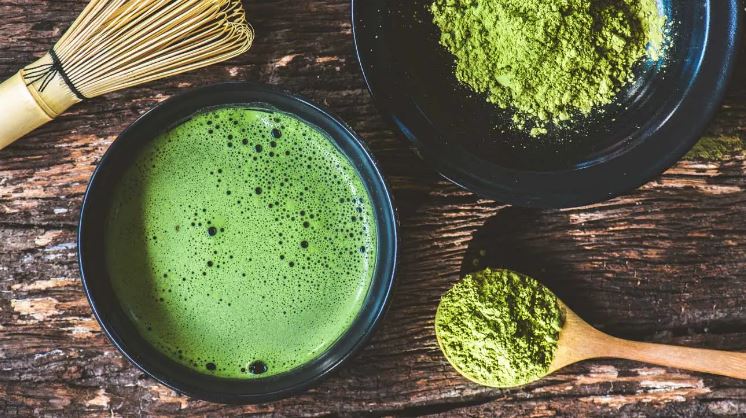Matcha tea is a type of green tea that is made by grinding young tea leaves into a bright green powder. It has been consumed in Japan for centuries and is known for its rich flavor and potential health benefits. Here are seven ways matcha tea may contribute to improving your health:
1. Rich in Antioxidants: Matcha is loaded with antioxidants, particularly catechins, which have been shown to help protect the body against cell damage and reduce the risk of chronic diseases.
2. Boosts Metabolism: The caffeine content in matcha tea can help boost metabolism and increase the body’s ability to burn calories. Unlike coffee, matcha provides a more sustained and gentler energy boost.
3. Enhances Concentration and Focus: Matcha contains an amino acid called L-theanine, which works synergistically with caffeine to improve alertness and concentration. It induces a state of relaxed alertness without the jitters often associated with excessive caffeine intake.
4. Supports Heart Health: Regular consumption of matcha has been associated with lower levels of LDL (bad) cholesterol and higher levels of HDL (good) cholesterol, contributing to heart health.
5. Regulates Blood Sugar Levels: Some studies suggest that matcha may help regulate blood sugar levels, which can be beneficial for individuals at risk of developing type 2 diabetes.
6. Detoxifies the Body: Chlorophyll, the green pigment in matcha, has been linked to detoxification. It may help eliminate heavy metals and harmful toxins from the body, supporting overall health.
7. Stress Reduction: L-theanine in matcha has calming effects and may help reduce stress and anxiety. This amino acid promotes the production of dopamine and serotonin, neurotransmitters that contribute to a sense of well-being and relaxation.
It’s important to note that while matcha tea has potential health benefits, it should be consumed in moderation as part of a balanced diet. Additionally, individual responses to matcha can vary, and it’s advisable to consult with a healthcare professional if you have specific health concerns or conditions.


